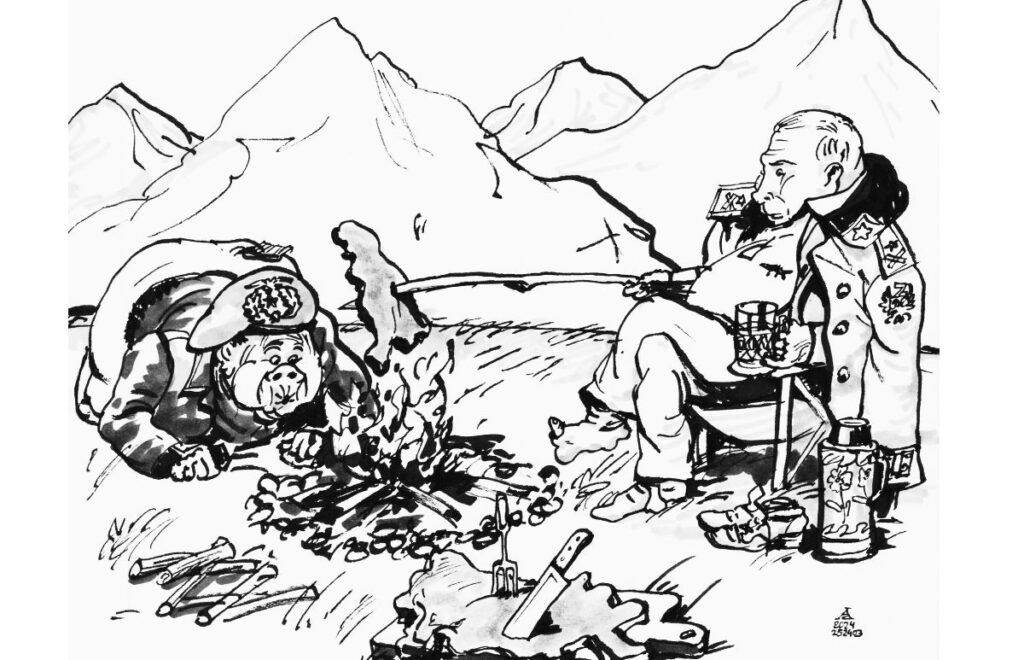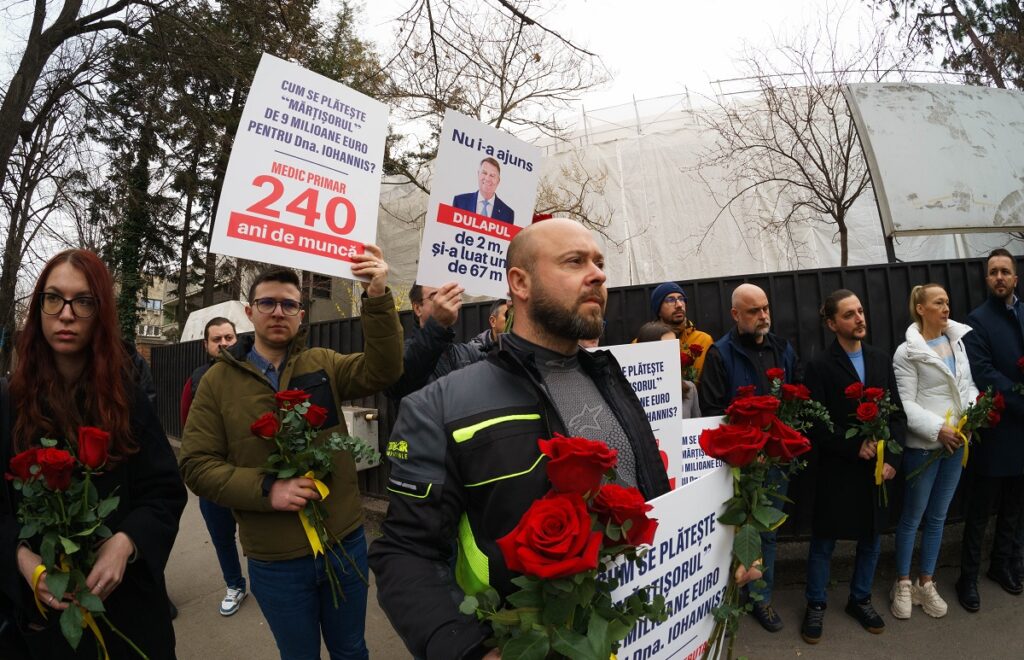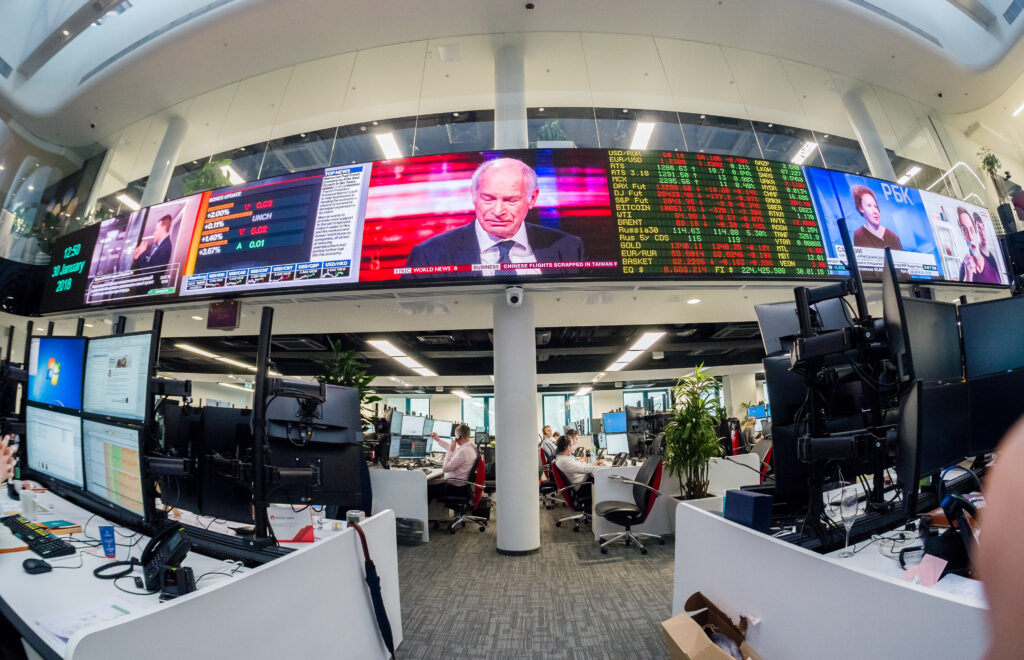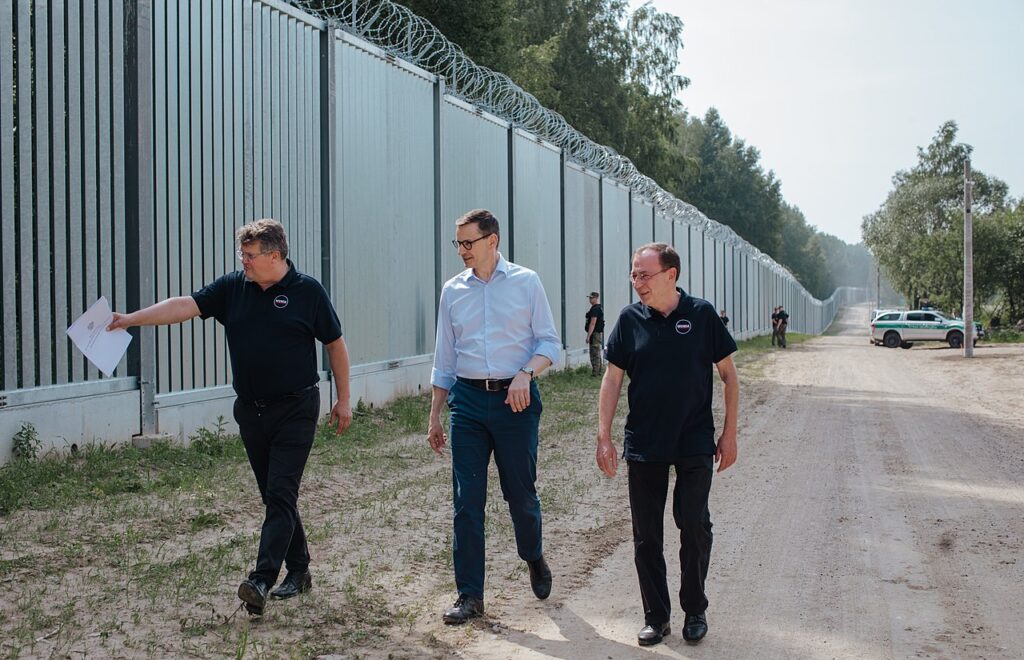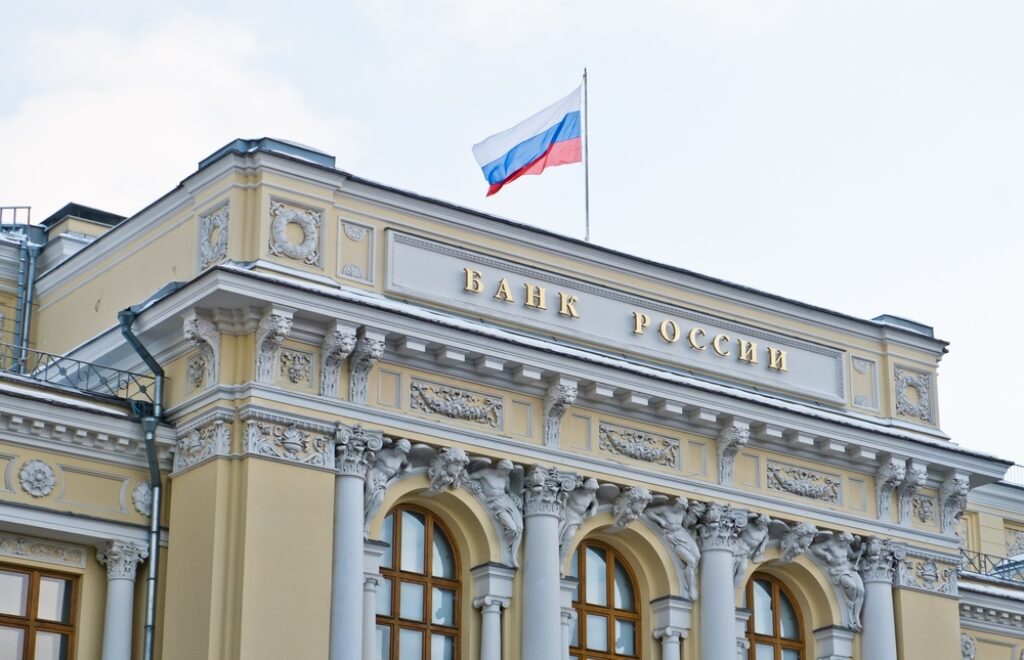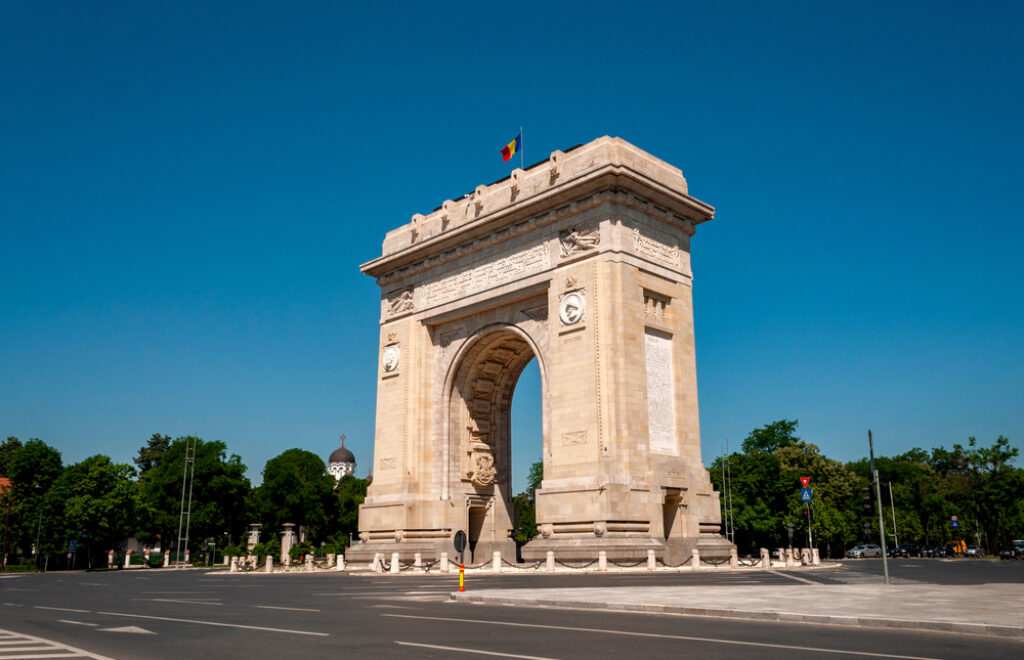Is Abkhazia being absorbed by Russia?
Before the August 2008 war, Moscow formally recognized the territorial integrity of Georgia and refrained from relations with the separatist regions at the official level. It was only after the August war when the situation changed. Russia recognized the independence of both regions, after which Moscow's influence over Sokhumi (the capital of occupied Abkhazia) and Tskhinvali (the capital of the occupied Tskhinvali region) increased in all directions. In particular, the fourth and seventh military bases of the Russian defence ministry and Federal Security Service’s border service were established to ensure the security of Abkhazia and the Tskhinvali region. The budget and economic life of the occupied regions are also completely dependent on Russia.
April 11, 2024 - Mamuka Komakhia


